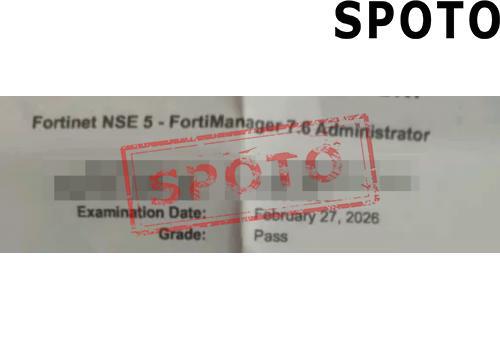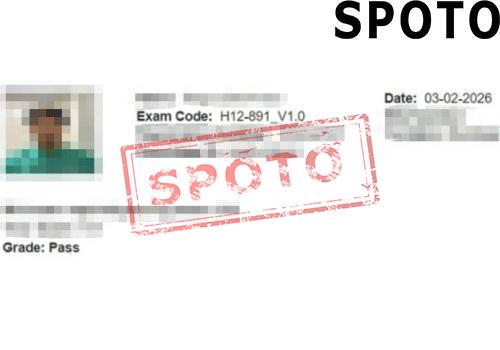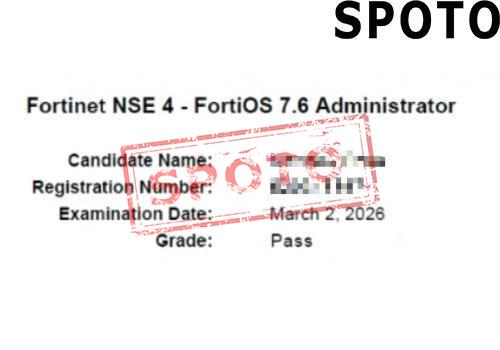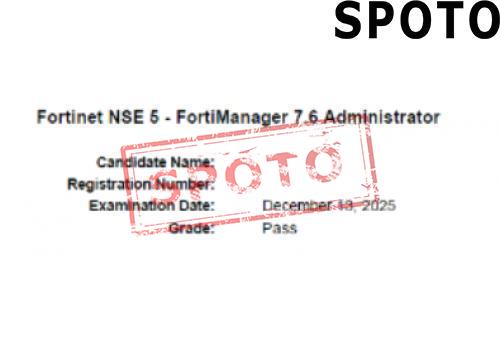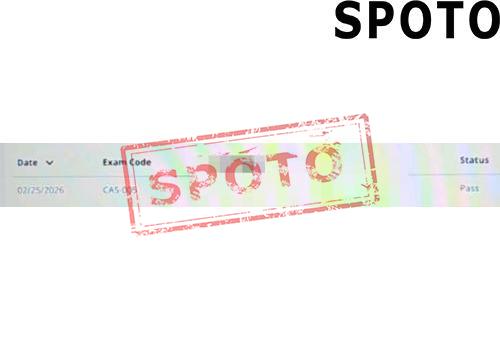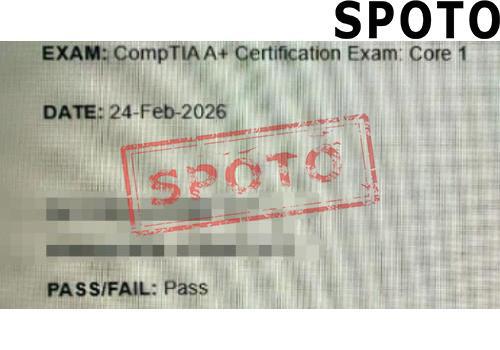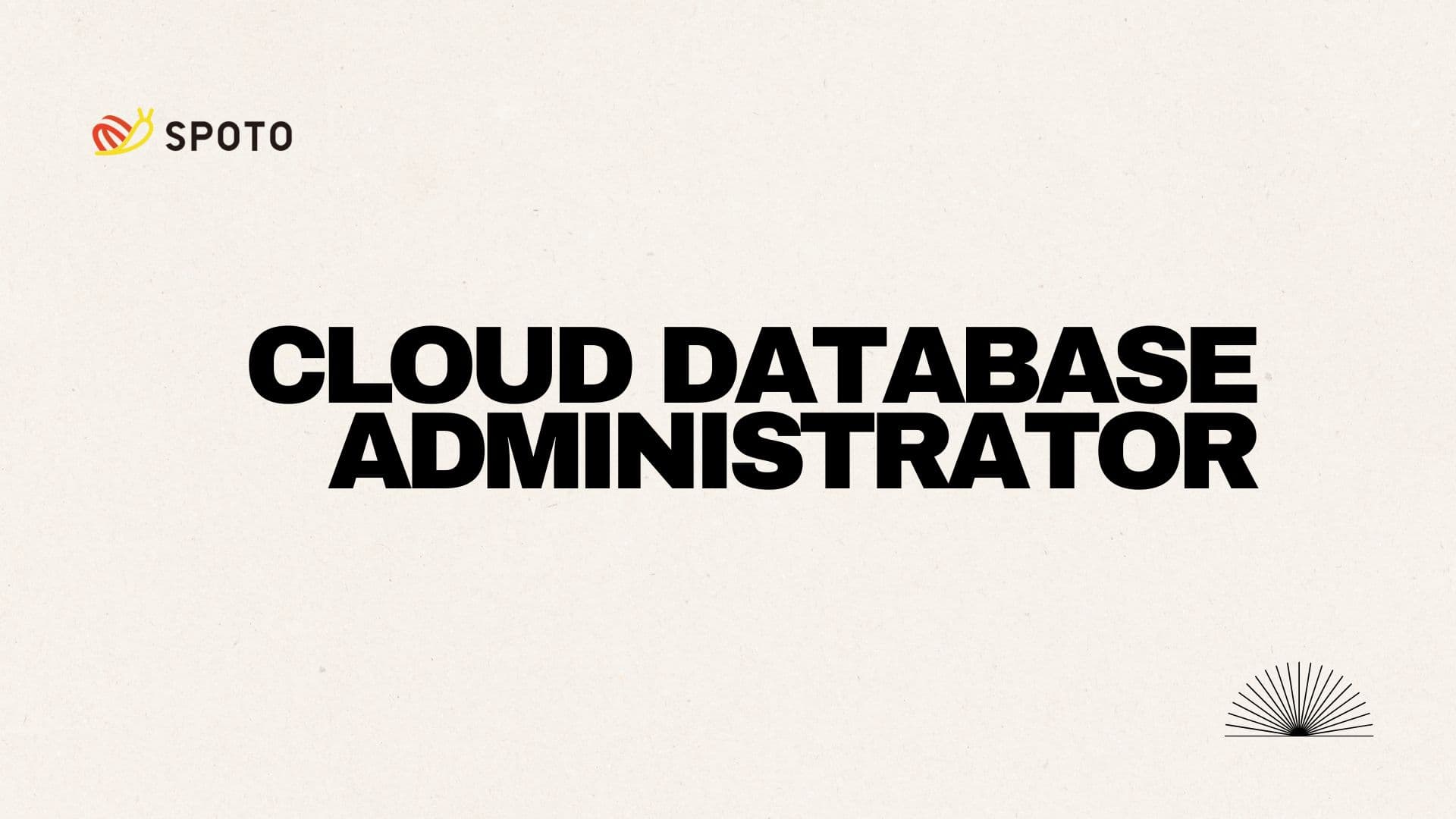
Table of Contents
1. What is a Cloud Database Administrator?
A database administrator (DBA) is responsible for the maintenance, protection, and operation of the database on an enterprise or organization's cloud platform, ensuring the correct storage and retrieval of data, as well as the data security, accessibility, and performance optimization of the database.
2. What does a Cloud Database Administrator do?
As the value of data continues to increase in all walks of life, the role of database administrators (DBAs) has become more important and diverse. First, database administrators ensure the accuracy and availability of business data to avoid serious consequences caused by data errors. Second, they optimize database structure and query performance, thereby significantly improving system response speed and overall efficiency. In addition, DBAs need to develop and implement comprehensive backup and recovery plans, actively collaborate with development and operations teams, and promote smooth connections of database systems during application deployment and operation to cope with emergencies and risks of data loss. Finally, they are responsible for strengthening data security mechanisms, reducing repetitive operations through automated tools, improving work efficiency and system stability, protecting sensitive information from being leaked, and ensuring compliance with regulatory requirements.
3. Career Insights: Salary, Outlook & Related Roles
(1) Cloud Database Administrator Salary
According to ZipRecruiter, the average hourly salary for a Cloud Database Administrator in the United States is $49.16 as of May 18, 2026. Hourly salaries can range as high as $74.28 and as low as $10.58, but most Cloud Database Administrator salaries currently range from $38.46 to $59.13 across the United States. The average salary range for a Cloud Database Administrator varies greatly (as much as 20%), which means there may be many opportunities for advancement and increased pay based on skill level, location, and years of experience.
(2) Job Outlook of Cloud Database Administrator
With the emergence of cloud computing and the rising demand for cloud computing technology from enterprises and organizations, more and more enterprises are migrating their business operations to the cloud, and the global cloud computing market is expected to continue to grow. Therefore, the demand for DBAs will continue to grow. According to the statistical forecast of the U.S. Bureau of Labor Statistics (BLS), the number of database administrators and architects will increase by 9% from 2023 to 2033.
(3) Similar Occupations
- Cloud Database Developer
- Site Reliability Engineer (SRE) – Database
- Cloud Engineer/Cloud Infrastructure Engineer
- DevOps Engineer (Database Focused)
- Data Analyst (Cloud-based)
- Data Scientist (Cloud Native)
- BI Engineer/Analytics Engineer
- Platform Engineer
- Cloud Data Engineer
- Database Administrator (Traditional/On-premises)
4. What Are the Qualifications to Become a Cloud Database Administrator?
(1) Obtain a Bachelor's Degree
Like most positions in the data analytics industry, a Cloud Database Administrator career typically begins with a degree in computer science, information technology, or a related field. Additionally, a master's degree or industry certification can enhance your career prospects. Many companies also prefer Chief Technology Officers (CTOs) to have a master's degree in computer science, information technology, or technology management.
(2) Develop professional skills
With the rapid development of cloud computing, the role of Cloud Database Administrator has undergone a profound transformation. Traditional database administrators are mainly responsible for the installation, configuration, maintenance and performance tuning of local servers. In the cloud environment, these underlying infrastructures are managed by cloud service providers, and the focus of Cloud DBAs has shifted to higher-level and more strategic tasks. Today, Cloud DBAs not only need to master the management skills of relational databases such as Oracle, MySQL, and PostgreSQL, but also need to be familiar with NoSQL databases such as MongoDB and Cassandra to meet the flexible needs of different business scenarios for data structures. In addition, proficiency in mainstream cloud platforms such as Amazon Web Services (AWS), Microsoft Azure, and Oracle Cloud Infrastructure (OCI) is a must-have skill. They need to use the database as a service (DBaaS) functions provided by these platforms for resource configuration, automatic expansion, backup and recovery, performance monitoring, and cost optimization. At the same time, Cloud DBAs must be proficient in automation tools and scripting languages such as Terraform, Ansible, Shell, or Python to achieve infrastructure as code (IaC) and continuous delivery (CI/CD). Security is also a focus of their work.
(3) Earn Industry Certifications
Having certain certifications can be helpful when applying for Cloud Database Administrator positions, as they can help you develop key skills and knowledge required for the position and make your resume more attractive to employers. Experience in the cloud data industry is essential to your job search, so you should receive on-the-job training. Many employers want to hire people who have obtained certifications at a specific company.
Having Cloud Database Administrator-related skills and experience can greatly enhance your competitiveness in applying for this position. Oracle Autonomous Database Cloud 2026 Professional certification can prove that you are not only familiar with database service management of mainstream cloud platforms (such as AWS, Azure, Oracle Cloud Infrastructure), but also can efficiently complete database deployment, backup, recovery and performance optimization, and can also achieve automated operation and maintenance and infrastructure as code (IaC) through tools such as Terraform and Python scripts.
